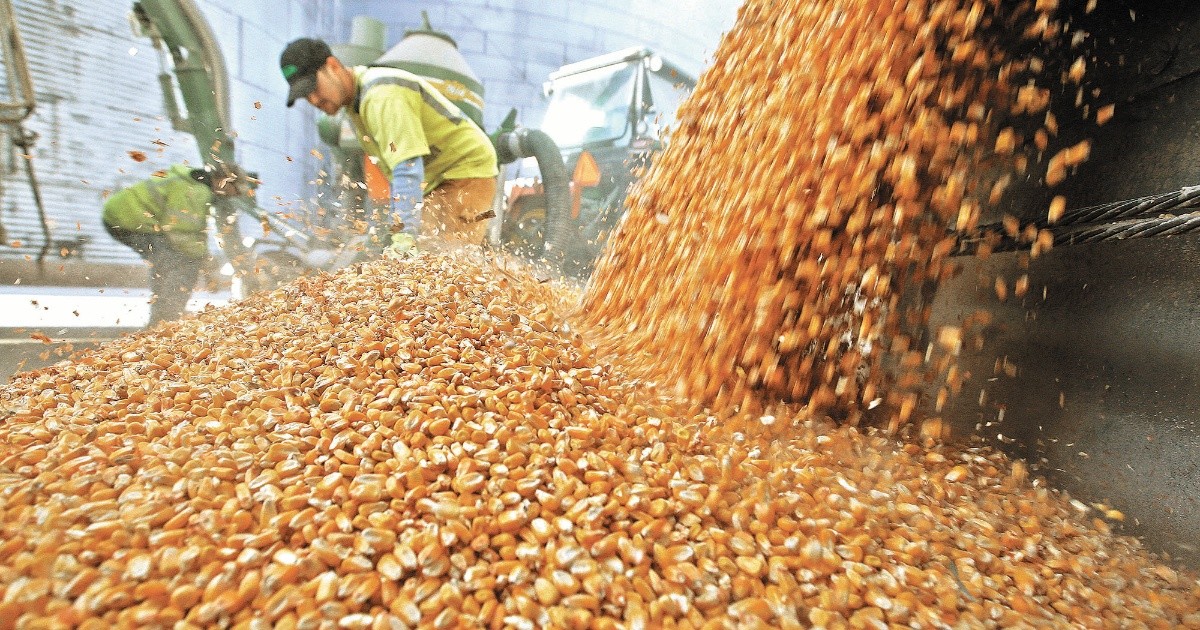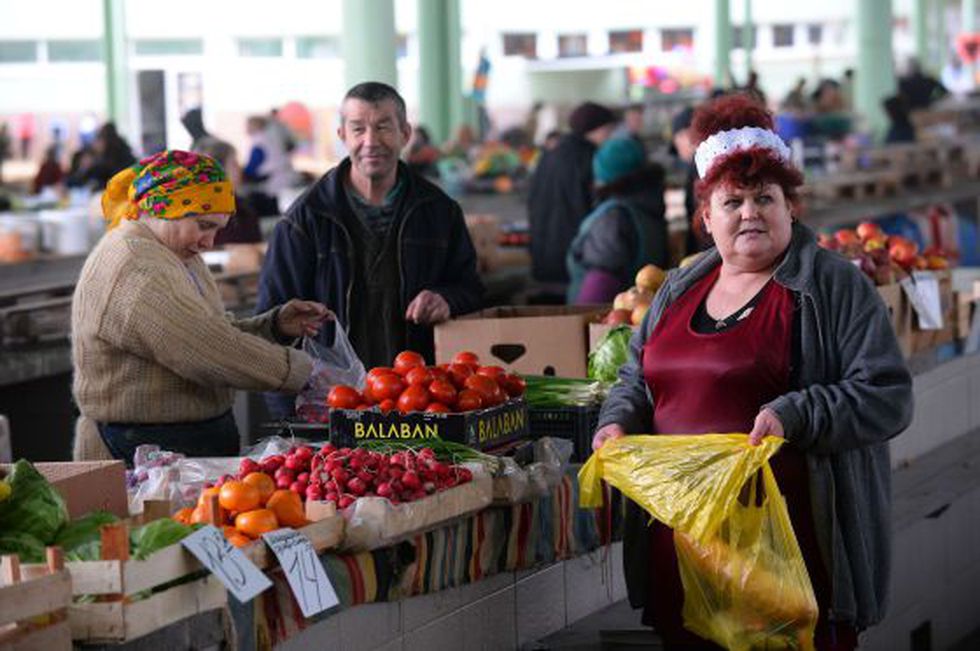As a result of the war between Russia and Ukraine, the prices of raw materials have skyrocketed, including wheat, corn and soybeans, due to the importance of both countries in the production of these grains worldwide.
Mexico is a country that imports corn and wheat, and is far from being self-sufficient in corn, wheat, or oil, which is why the increase in the prices of raw materials in the international market drastically affects companies Mexican, according to analysts.
The price of wheat, in the international market, had an increase of 29.45% in the last week, from 8.76 dollars per bushel last Wednesday, since the conflict began in the early hours of that Thursday, and until this Thursday it is sold in 12.09 dollars the unit.
At a slower pace, the price of corn went from 6.83 to 7.47 dollars per bushel, with a rise of 9.32% in the last week and the cost of a bushel of soybeans has barely moved 0.21% down at a price of 16.71 dollars.
The main firms affected by the increase in the price of raw materials in the Mexican stock market are Hérdez, Gruma, Bimbo, among others.
Herdez presented a 12.29% drop in its price in one week and lost 1,320 million pesos in market value.
Gruma, the largest manufacturer of corn flour and tortillas, has accumulated a loss of 7.59% since the conflict in Ukraine began. A loss in capitalization value of 7,902 million pesos. In addition, the issuer announced the closure of its plant located in Cherkasy, 160 kilometers from the Capital of Ukraine, Kiev.
Bimbo registers a drop of 5.51% in the week, trading at a price of 59.21 pesos, and with a loss in market value of 15,439 million pesos in that period. It was on February 23 when it decided to temporarily suspend the operations of its plant located in Dnipro, the fourth most populous city in Ukraine, where it has 150 Ukrainian employees.
Carlos González, director of Economic Analysis of Grupo Financiero Monex, commented that “before the conflict, very high prices were already seen and with it inflationary pressures. Ukraine is a major producer of wheat, barley and even sunflower seeds, and with the invasion, prices are being pushed up.”
He added that another use of grains such as corn and soybeans is to create alternative fuels, since the price of oil and natural gas rose, which is why alternative options are chosen, which increases the demand for grains for that purpose.
“All companies will have to absorb the increase in the price of raw materials, and although in some cases they have price coverage, in other cases there are also increases in the products that reach the final consumer. There will be an impact on costs, mainly due to fuel and grains,” said Carlos González.
According to the Ministry of Agriculture and Rural Development, in the period January-February 2021 the level of corn imports reached 164,000 tons, while exports stood at 43,000 tons.
Considering current prices, corn has increased 35.75% in the last 12 months, meaning that imports of 164,000 tons would be more than a third more expensive than last year.
Amin Vera, Deputy Director of Analysis at Black Wallstreet Capital, explained that although there will be pressure on the operating margins of the issuers of the Mexican Stock Exchange, in the first quarter of 2022 the effect will not yet be reflected, since due to inflation levels current, revenue growth must be in the same proportion, that is, 7%, plus what has actually increased.
“At the end of 2021, various companies in the food and beverage sector managed to recover the sales levels of 2019. What is a reality is that the increase in raw materials at the end of last year was significant, and with these global conditions, It could be a factor to consider in the strategies for this 2022”, recognized the Monex manager.
Since before the conflict, very high prices were already seen and with it inflationary pressures. Ukraine is an important producer of wheat, barley and sunflower, with the invasion, prices are being pressured upwards”.
Carlos González, director of analysis at Monex.
on wall street
Food firms in the US, equally affected
Rising commodity prices are also hurting Wall Street issuers, driving stocks down in the past week.
Lamb Weston, an issuer in the field of preservation of fruits, vegetables, stews and frozen foods, accumulates a drop of 7.65%, losing 735 million dollars of its market value, since February 23.
Post Holdings, dedicated to the cultivation of oilseeds, legumes and cereals, fell 4.26% in the last week, as well as Conagra Brands, with a loss of 3.13% in its shares and The JM Smucker, the marmalade marketer, has fallen 2.54 percent .
Ingredion, from the oilseeds, legumes and cereals sector, has subtracted 126 million dollars from its market value, losing 2.12% in the period. Kellogg Company, known for its cereals and cookies, has fallen 1.75% in the week, subtracting 594 million dollars from its market value.
“Although other suppliers may offset some of the hit and buyers are already evaluating their alternatives, agricultural commodity prices are elevated. The world’s top wheat importer, Egypt, held a tender for the grain on Monday but called it off after receiving only high-priced offers for supplies from France and the United States. India, which has not traditionally been a major wheat exporter, is expected to sell a record amount abroad,” said Gabriela Siller, director of Economic Analysis at Banco Base.
He stressed that “these have not been the only agricultural commodities that have been pressured upwards. In fact, palm and soybean oils, the world’s most widely consumed cooking oils, have reached new all-time highs.”
















